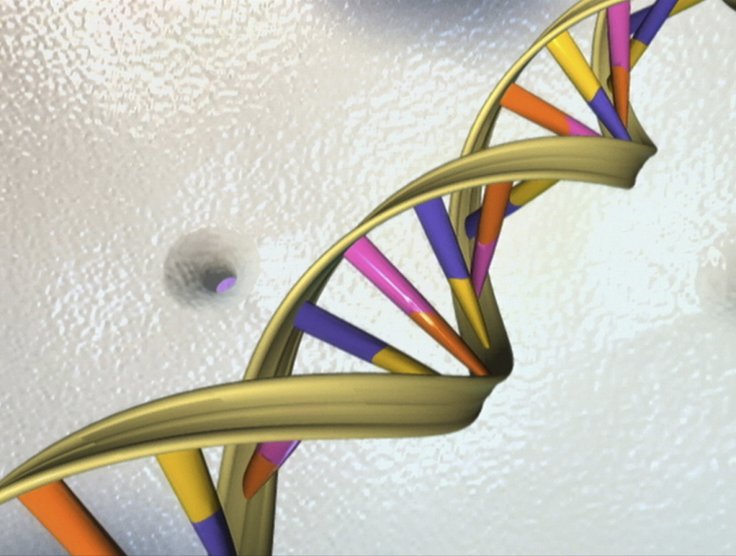
For the first time, scientists have used next-gen technology, gene-editing tool CRISPR to try to cure the HIV infection by transporting blood cells which were altered to resist the virus of
According to a report, published in the New England Journal of Medicine, the gene-editing tool long been used in research labs by Chinese researchers to treat HIV in an adult, where the DNA changes are confined to that person.
Dr Carl June, a University of Pennsylvania genetics expert said that the gene-editing tool was earlier used for research purpose and it indicates that this process was safe in the patient so far.
In 2018, a Chinese doctor He Jiankui revealed that he used CRISPR, a relatively new tool used to cut DNA at a specific spot, on embryos that led to the birth of Lulu and Nana, who are the twin Chinese girls. Editing embryos is considered risky because the DNA changes can pass to future generations.
The recent experiment involved a 27-year-old male HIV patient, who needed a blood stem cell transplant to treat cancer. Earlier, two more patients were cured of both HIV and Cancer by transplants from donors with natural resistance to HIV.
The scientists tried to create similar HIV resistance by "editing" that gene in blood cells, a partially successful attempt to mimic the mutation, as the transplant put the man's cancer in remission and the altered cells to resist HIV are still working 19 months later, but are only five to eight percent of such blood cells.
But donor like this is very rare, so the Chinese scientists attempted to create similar HIV resistance by gene-editing in blood cells inside a close environment to mimic the mutation. Since it did not provide the much-needed outcome, June said that "They need to approach 90 percent or more to actually have a chance of curing HIV."
Study leader Hongkui Deng of Peking University, Beijing said multiple tests showed the editing did not have unintended effects on other genes. In addition, June, who is leading a different study testing CRISPR to fight cancer in the US said, "One of the concerns is that they could make a Frankenstein cell to hit other genes instead of the intended target."
As per June, China is moving fast on such researches and may get treatments approved sooner than the US. She added three patients have been treated so far and some results are expected by the end of 2019.
It should be mentioned that in this case, many researchers are also trying to control HIV by altering patients' own blood cells by using a different gene-editing tool called zinc finger nucleases.








